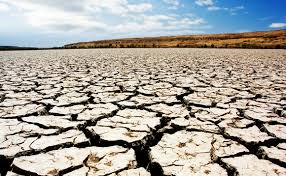The scale of the implications underlines another thing that climate change is not. It is not just an environmental problem alongside all the others—and absolutely not one that can be solved by hair-shirt self-abnegation. Change by the people who are most alarmed will not be enough. What is also needed is change in the lives of those who do not yet much care. Climate is a matter for the whole of government. It cannot be shunted off to the minister for the environment whom nobody can name. And that leads to a third thing that climate change is not. It is not a problem that can be put off for a few decades. It is here and now. It is already making extreme events like Hurricane Dorian more likely. Its losses are already there and often mourned—on drab landscapes where the glaciers have died and on reefs bleached of their coral colours. Delay means that mankind will suffer more harm and face a vastly more costly scramble to make up for lost time.

What to do is already well understood. And one vital task is capitalism’s speciality: making people better off. Adaptation, including sea defences, desalination plants, drought-resistant crops, will cost a lot of money. That is a particular problem for poor countries, which risk a vicious cycle where the impacts of climate change continuously rob them of the hope for development. International agreements stress the need to support the poorest countries in their efforts to adapt to climate change and to grow wealthy enough to need less help. Here the rich world is shirking its duties.
译文由可可原创,仅供学习交流使用,未经许可请勿转载。












